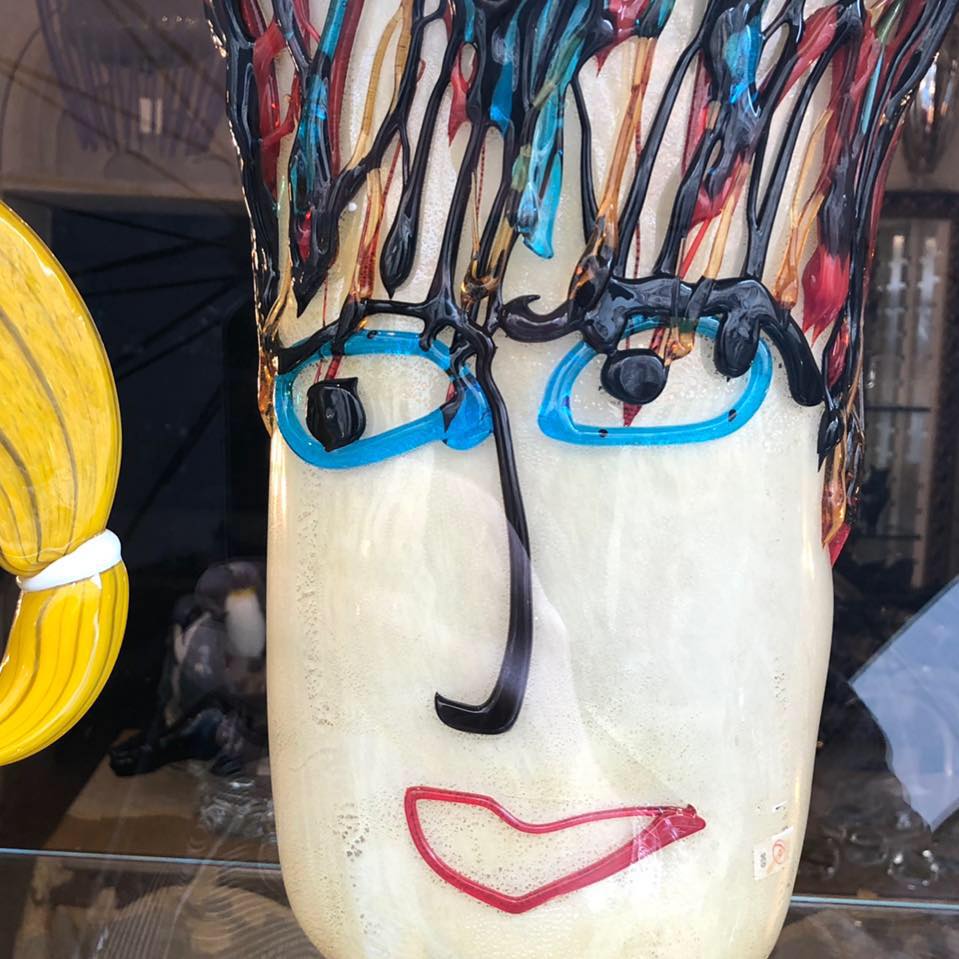
NEDERLANDSE TAAL – By @EvaMenovsky

By Eva Menovksy
NEDERLANDSE TAAL
In Dutch celebrating means “vieren”.
“Vieren” is also used in sailing, and means letting go.
So for my Dutch family, celebrating means letting go.
Letting go of your troubles. Of the things that keep you up at night.
Letting go of your ego. So you can be you, without identifying yourself, with your thoughts or feelings.
So the holidays actually becomes more the things we’re letting go than celebrating.
The longer I live in London, the more I realise that language shapes us.
I grew up using different words than you, and that shaped me in the way I express myself. And the same counts for you.
You can see the differences in the culture.
We, Dutchmen, are very direct and quite honest. We will never hide anything. If we like you, you will know. If we don’t, you will know too.
And you can see it in our language. Our dictionary has twice as many words as the English one.
Which means we have more specific words for different occasions.
It’s honestly harder to be a Dutch copywriter than an English one, with so many words.
Our language as well is more direct and straight forward. We don’t do the whole magic lovey-dovey Shakespeare.
Our love stories are raw and pure, and quite bold. That’s why I love Dutch literature, it’s real. It doesn’t talk about magic.
If we talk about love, the English can brighten it up and bring a sparkle of magic to it. Something that feels quite out of this world, maybe even unrelatable.
While the Dutch talk about the tragic things in there, with feelings of confusion and doubt, and feeling lost.
One of the most famous book in The Netherlands is Turks Fruit.
It’s a love story, between an artist who sleeps around and meets this beautiful woman.
The book is mostly explicit sex scenes, but they slowly fall in love.
And there’s this iconic scene, where the woman needs to pee very badly and there is no toilet in his atelier down the canals.
All he has is a little garden in his atelier. So he asks her, if she wants to pie in his mouth.
And she does, so the warm pie flows in his mouth and he lets it drip on the floor.
The pie is described as sweet with a hint of bitterness, and even though he lets it in his mouth, he never swallows.
This scene is actually symbolises their love, the way you can be consumed by love, but you won’t be able to ’swallow’ it ever, cause it’s not the healthy kind of love.
This is the way dutch books are written.
There is a story about an English man, getting a burger at the airport in Amsterdam.
He asks for a burger, and the Dutch guy who works there says: “no, we are out. “
He was shocked by this, cause when you would be out of something in England, they would say: “I’m so sorry, we are out, can I offer you something else?”
We tend to say things more like a statement, while the British emphasis on the opposite.
Indirectness is almost built into the English language whilst it isn’t in Dutch.
It’s direct and real. We are often seen as rude, but I honestly love it.
I always know what to expect. And no one is gossiping behind my back, cause they will just tell it to my face.
So, we Dutchmen, pride ourselves on directness, honesty and simplicity in our communication.










